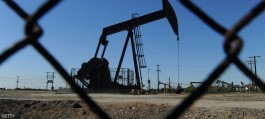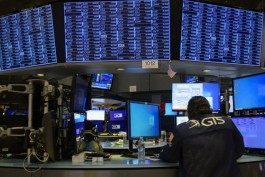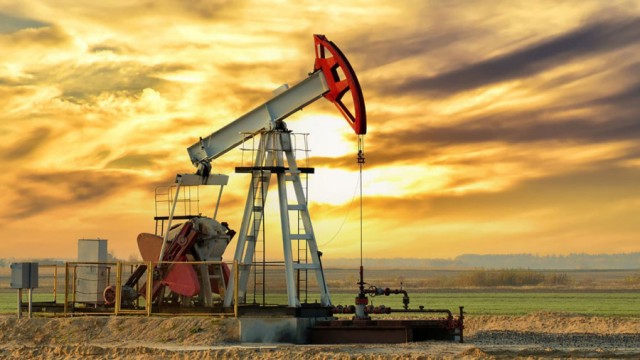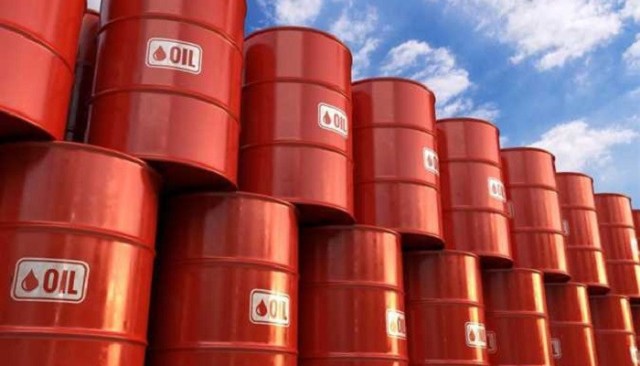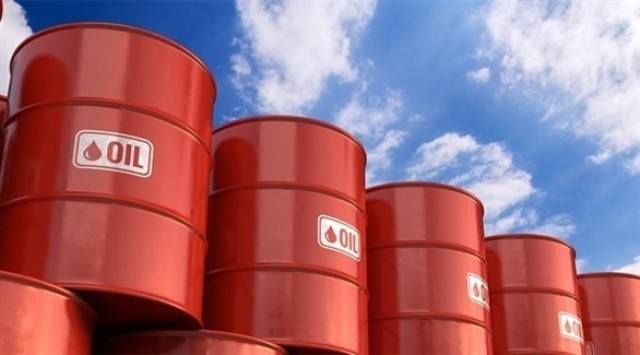A Bank of America report predicted that the price of Brent crude oil would rise to $110 a barrel in 2023, despite risks that may increase pressure on prices.
According to Arabiya.net, the average international benchmark oil price has reached about $101 a barrel this year.
Bank of America sees oil prices continuing near this level as an average for next year, with the price peaking at $110.
Analysts added that Brent will generally be lower in the first quarter of 2023 compared to the rest of the year, according to Insider.
Currently, Brent crude is trading around $86 a barrel, which means that Bank of America's maximum forecast represents an increase of 28%.
But Bank of America analysts also noted several bullish risk factors for oil prices in the coming year, which is the capping of the price of Russian crude oil.
European Union officials agreed on Friday to set a ceiling of $60 a barrel. That will take effect on Monday, along with a ban on imports of Russian oil into the European Union and related services for shipments around the world.
Russia has said it will not sell oil to anyone involved in setting the price cap, and analysts estimate that its oil exports could drop by up to 1 million barrels per day.
Bank of America wrote in the note: For the time being, we have included Russian total oil production levels of 10 million barrels per day in our assumptions for 2023 compared to the figure of 9.59 million barrels per day provided by the International Energy Agency.
Any significant downward deviation from these figures could lead to higher oil prices.
Analysts said Russia represented the biggest upside risk to oil prices, but there were other risks lurking as well. In particular, further supply disruptions from OPEC producers such as Libya, Nigeria, Iraq or others could put the oil market on alert.
Bank of America has estimated that every unexpected swing in supply or demand of 1 million barrels tends to move Brent oil prices by $20-25 per barrel.
For its part, the US Federal Reserve warned that the pending recession constitutes a negative risk, noting that the average global recession led to a decrease in demand by 640 thousand barrels per day.



















